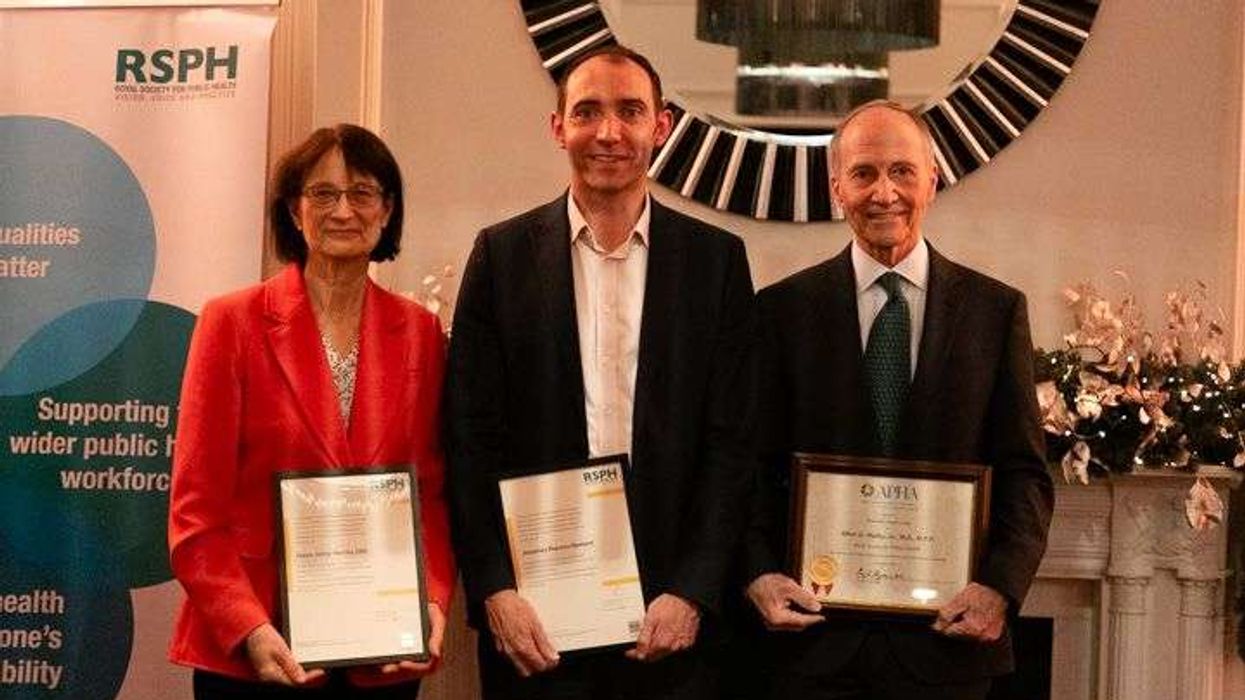National Institute of Health and Care Excellence (NICE) on Wednesday published its final draft guidance not recommending AstraZeneca’s osimertinib (Tagrisso) for untreated non-small-cell lung cancer.
The agency found the drug not meeting its end of life criteria and said it is not cost-effective. The treatment is also not considered eligible for inclusion within the Cancer Drugs Fund.
Untreated locally advanced or metastatic epidermal growth factor receptor (EGFR)-positive non-small-cell cancer (NSCLC) is a relatively rare form of lung cancer that occurs in around 10 per cent of lung cancer cases.
The first line of treatment for locally advanced stages of the disease is a daily oral dose of afatinib, erlotinib, gefitinib or dacomitinib, which are all being recommended by NICE.
NICE first decided not to recommend osimertinib in a July 2019 draft guidance, but AstraZeneca filed an appeal following its publication However, the committee stood by its decision even after a careful reconsideration.
Last week, NICE rejected a ‘game-changing’ histology independent cancer drug Larotrectinib (Vitrakvi) by Bayer for now, concluding in a draft decision that the medicine is not cost-effective for NHS use.
This draft guidance is currently open for consultation until February 6 while the agency encourages further data collection and call for a responsible pricing from the companies.











